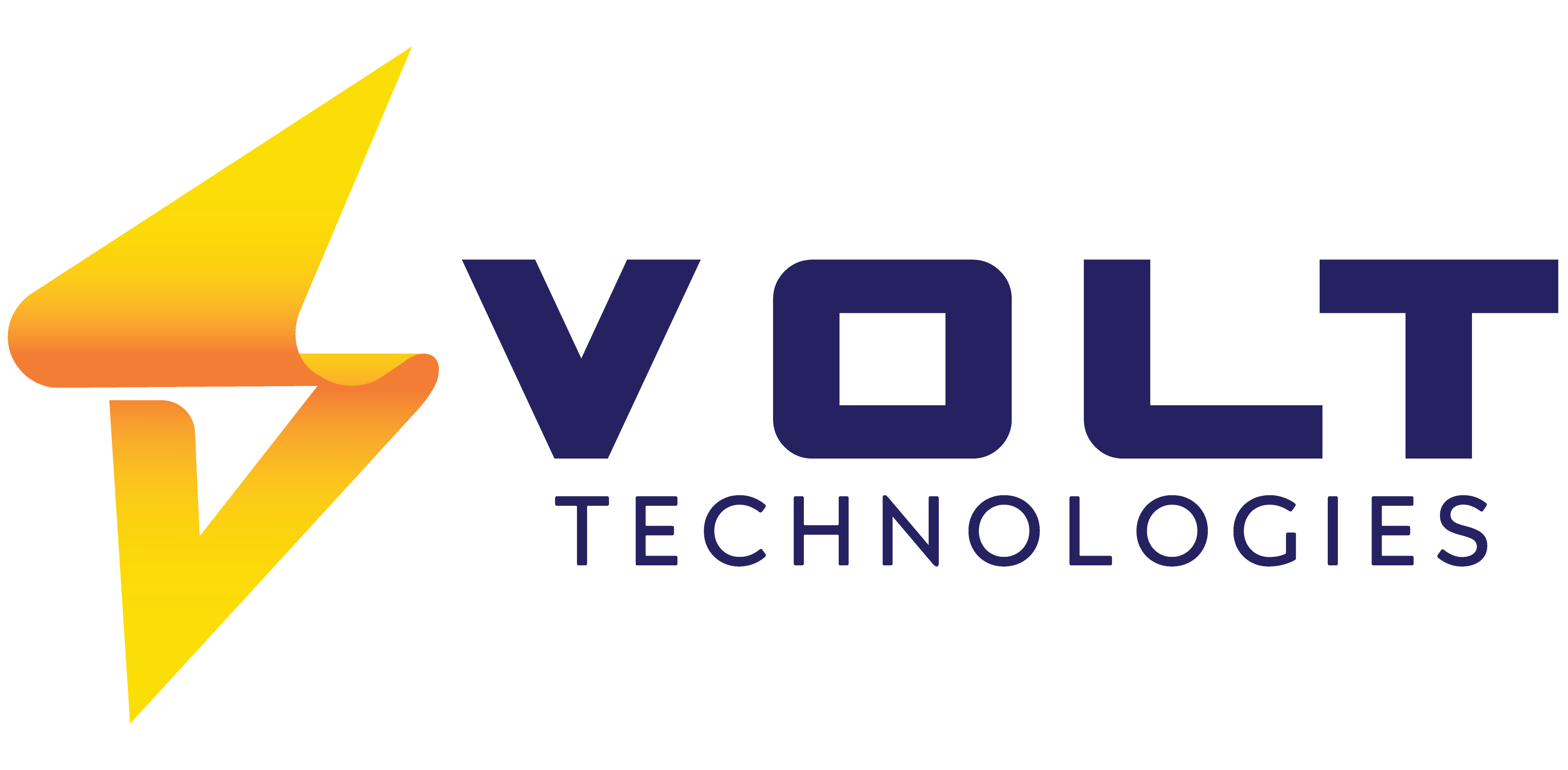The Business Leader’s Guide to Modern Data Platforms


Microsoft Dynamics 365 | Simplify your IT footprint and make decisions faster.
- September 17, 2025
Introduction
In 2025, business leaders face a growing challenge: turning data into actionable insights. With so many systems, finance, operations, sales, and customer engagement, companies need a modern data platform to unify information and support smarter decision-making. For mid-sized businesses, this isn’t just a technology choice, it’s a strategic one.
Modern data platforms go beyond storage; they bring together cloud-based analytics, AI-driven insights, and CRM with ERP integration 2025. For example, many leaders weigh Dynamics 365 Sales vs Salesforce when selecting a CRM to work alongside Business Central. The right platform ensures not only compatibility but also agility in today’s data-driven economy.
In this guide, we’ll explore what modern data platforms mean for business leaders, how they connect with tools like Microsoft Dynamics 365 and Salesforce, and why integration is the key to unlocking growth.
What is a Modern Data Platform?
A modern data platform is more than just a database or a reporting tool. It is a cloud-based environment that brings together data ingestion, storage, integration, analytics, and governance in one unified system. Unlike traditional data warehouses, which were rigid and siloed, modern platforms are built for flexibility, scalability, and real-time insights.
For business leaders, this means having a single view of customers, sales, and operations. When connected with ERP and CRM systems like Business Central, Dynamics 365 Sales, or Salesforce, a modern data platform ensures that teams work with accurate, up-to-date information across the organization.
For example:
- Dynamics 365 integration with Business Central creates a seamless flow of data between finance and sales.
- Salesforce integration with Business Central is possible through connectors, but often requires additional investment.
In short, modern data platforms provide the foundation for CRM with ERP integration 2025, enabling companies to use tools like Dynamics 365 Copilot and Salesforce Einstein for smarter, AI-driven decision-making.
Why Business Leaders Should Care About Data Platforms
For business leaders, data is no longer just an IT concern, it’s a strategic asset. A modern data platform gives decision-makers the ability to access reliable insights, track performance in real time, and respond quickly to market changes.
Benefits for Mid-Sized Businesses
- Scalability and Cost Efficiency: Cloud-based platforms grow with your business, avoiding the high upfront costs of traditional systems.
- Unified Data Across ERP and CRM: Seamless CRM with ERP integration 2025 ensures that customer, sales, and financial data are always aligned. For example, Dynamics 365 Sales features vs Salesforce matter less if the platform ensures accurate data flow into Business Central.
- AI and Predictive Insights: Tools like Dynamics 365 Copilot and Salesforce Einstein allow leaders to forecast trends, improve customer experiences, and make proactive decisions.
- Compliance and Governance: Modern platforms help businesses meet regulatory standards while maintaining data security.
By connecting CRM and ERP systems into a single platform, leaders gain the confidence to make data-driven decisions, positioning their organization for long-term growth.
Comparing Data Platforms in the Business Context
For today’s executives, technology choices can no longer be made in silos. A modern data platform is only as valuable as its ability to connect with the systems that drive the business every day, finance, sales, and customer engagement. This is why the conversation around Dynamics 365 Sales vs Salesforce is inseparable from the broader discussion of data platforms. The CRM a business chooses is not just a sales tool; it becomes a critical part of the organization’s data strategy.
Dynamics 365 and Modern Data Platforms
Microsoft’s ecosystem offers a clear advantage for companies that already rely on Business Central. With native integration, Dynamics 365 Sales and Business Central work together to provide a unified, real-time view of customers, opportunities, and financials. Data flows automatically, quotes turn into orders, invoices sync back into CRM, and leaders can track performance without juggling disconnected systems.
Pair this with Microsoft’s analytics tools like Power BI and the new Microsoft Fabric, and leaders gain a complete data picture. AI-driven insights from Dynamics 365 Copilot add another layer of intelligence, helping forecast revenue, highlight risks, and streamline decision-making. For organizations committed to Microsoft, this approach delivers not just a CRM but a fully integrated modern data platform strategy.
Salesforce and Modern Data Platforms
Salesforce, on the other hand, brings undeniable strength in flexibility and innovation. Its Einstein AI is a leader in predictive customer engagement, and its vast AppExchange marketplace allows businesses to extend functionality in nearly any direction. For global, multi-cloud organizations, Salesforce can adapt across industries and markets.
However, for Business Central users, integration is where challenges arise. Unlike Dynamics 365, Salesforce does not connect natively to Business Central. Instead, it requires third-party connectors or middleware, which introduces additional costs, complexity, and sometimes latency in data synchronization. While Salesforce can certainly be part of a modern data platform, it often demands more customization and a larger IT investment to achieve the same level of ERP-CRM connectivity that Microsoft delivers out of the box.
When evaluating a cloud-based CRM comparison 2025, leaders must look beyond features to consider integration and long-term value. If the core question is Which CRM integrates better with Business Central? the answer is Dynamics 365 Sales. Salesforce is still a top-tier CRM, but for most mid-sized, Microsoft-centric businesses, Dynamics 365 provides the smoother, more cost-effective route to building a modern, data-driven organization.
Dynamics 365 vs Salesforce in the Context of Modern Data Platforms
Criteria | Dynamics 365 Sales | Salesforce |
Integration with Business Central | Native, out-of-the-box integration, real-time sync of customers, orders, invoices | Requires third-party connectors/middleware, adds cost & complexity |
Data Flow & Visibility | Unified customer + financial data within a single Microsoft ecosystem | Data silos possible unless custom integration is maintained |
AI & Analytics | Dynamics 365 Copilot + Power BI + Microsoft Fabric for predictive insights & reporting | Salesforce Einstein for AI-driven engagement, requires setup for ERP-level data |
Ecosystem Fit | Seamless with Microsoft 365, Teams, Azure | Flexible, cross-industry, multi-cloud adaptable |
Cost & Maintenance | Lower TCO, fewer hidden costs due to native ERP integration | Higher costs due to connectors, customization, and maintenance |
Best Fit For | Microsoft-centric mid-sized businesses seeking a unified modern data platform | Global or multi-stack enterprises that prioritize flexibility over native ERP connectivity |
Building a Data-Driven Business in 2025
Modern data platforms are no longer optional, they are essential for staying competitive. For business leaders, success comes from combining the right technology, strategy, and governance to unlock the full value of data.
Practical Steps for Leaders
- Align Strategy with Technology: Define business goals first, then select a platform that supports them, whether that’s Dynamics 365 Sales vs Salesforce or a broader data platform strategy.
- Ensure CRM + ERP Integration: A modern platform should deliver CRM with ERP integration 2025, unifying customer, sales, and financial data. This avoids silos and ensures decisions are based on complete information.
- Leverage AI Tools: Use Dynamics 365 Copilot or Salesforce Einstein to drive predictive insights, automate workflows, and improve customer engagement.
- Focus on Governance and Security: Protect data, maintain compliance, and ensure scalability as your business grows.
Key Considerations for Leaders
- Security & Compliance: Particularly important in finance, healthcare, and regulated industries.
- Cost Management: Factor in licensing, integration, and maintenance, Dynamics 365 vs Salesforce pricing 2025 may look different depending on business needs.
- Future Readiness: Choose platforms that can adapt to AI, cloud innovation, and multi-system integration.
Should Business Central Users Choose Salesforce or Dynamics 365?
- If Microsoft-Centric: Dynamics 365 Sales offers the most seamless path, with native Business Central integration and lower TCO.
- If Global and Multi-Stack: Salesforce provides flexibility and reach, but with higher integration costs and complexity.
Modern data platforms empower leaders to turn information into action. But for Business Central users, the decision often hinges on integration, making Dynamics 365 Sales the practical choice for most mid-sized businesses.
Conclusion
For business leaders, a modern data platform is the foundation of a data-driven organization. It unifies information across finance, sales, and operations, enabling faster and smarter decisions. When it comes to connecting CRM and ERP systems, the Microsoft CRM vs Salesforce comparison becomes especially important for Business Central users.
- Dynamics 365 Sales stands out with its native integration with Business Central, lower total cost of ownership, and AI support through Copilot.
- Salesforce, while powerful and highly customizable, requires additional connectors and investment to achieve the same level of ERP connectivity.
In a cloud-based CRM comparison 2025, the answer to Which CRM integrates better with Business Central? is clear: Dynamics 365 Sales is the best fit for most mid-sized, Microsoft-centric businesses. Salesforce remains a strong option for global, multi-stack organizations but at a premium.
Ready to align your CRM and ERP strategy with a modern data platform? Volt Technologies specializes in helping small and mid-sized businesses maximize value from Business Central and Dynamics 365.
